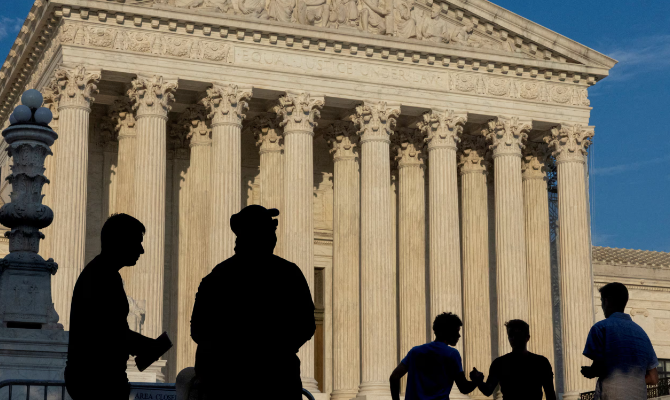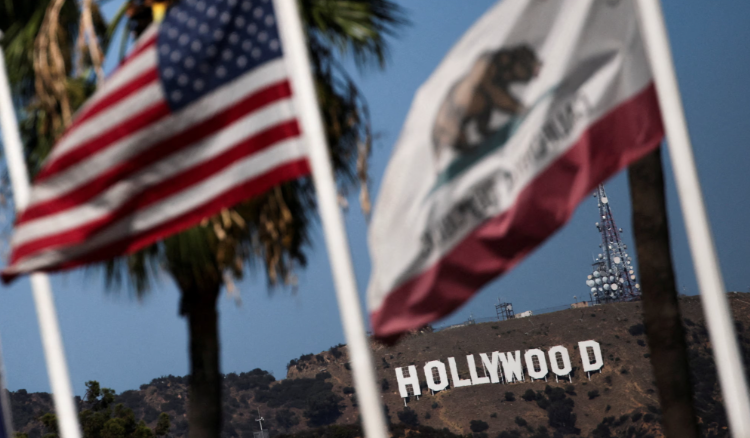WORLD NEWS

Nearly six decades after it was signed into law by President Lyndon B. Johnson, the Voting Rights Act of 1965 — a cornerstone of the U.S. civil rights movement championed by Dr. Martin Luther King Jr. — faces one of its most serious challenges yet.
The U.S. Supreme Court, dominated by a 6–3 conservative majority, appears poised to weaken Section 2 of the Act, which bars voting practices or maps that dilute the voting power of minority communities.
The case before the court centers on Louisiana’s congressional map, where Black residents make up one-third of the population. After a federal judge ruled that the state’s original map violated Section 2 by including only one majority-Black district, Louisiana’s Republican-led legislature added a second. But a group of white voters sued, arguing that the new map placed too much emphasis on race and violated the Constitution’s equal protection guarantees.
During oral arguments on Wednesday, conservative justices indicated they might side with those challenging the map — a move that could severely weaken protections for minority voters.
“If the court further weakens Section 2, states and localities, including those with long histories of discrimination, could be free to draw maps that systematically silence Black, Latino, Native, and Asian American voters,” warned Sarah Brannon, deputy director of the ACLU’s Voting Rights Project.
⚖️ The Trump Administration’s Role
Former President Donald Trump’s administration backed the white voters, urging the court to limit what it described as “excessive consideration of race” in redistricting. Government lawyer Hashim Mooppan argued that while race could be considered, it should not “subordinate traditional neutral principles.”
Legal experts say this approach would effectively dismantle Section 2 by imposing near-impossible standards for proving racial discrimination.
“Courts could dismiss claims before trial, giving legislatures free rein to entrench power and sideline voters of color,” said Professor Spencer Overton of George Washington University.
📉 What’s at Stake
Section 2 was strengthened in 1982 to ensure that voting practices with discriminatory effects — even without intent — would be unlawful. But the court’s conservative shift over recent decades has steadily eroded these protections.
In 2013, the Supreme Court struck down a key provision of the Act requiring federal oversight of voting changes in states with histories of discrimination. And in 2023, the court banned race-conscious admissions in universities, signaling a broader rollback of civil rights-era measures.
If Section 2 is weakened, experts warn that Republicans could redraw up to 19 congressional districts across the United States to their advantage — potentially reshaping the political map before the 2026 midterm elections.
🧭 A Nation at a Crossroads
Justice Brett Kavanaugh, seen as a pivotal vote, appeared sympathetic to Louisiana’s argument that race-based districting could be unconstitutional. Supporters of this view say the Constitution demands “colorblindness” in redistricting — while critics argue that such reasoning ignores systemic racial inequities.
“The way courts have interpreted Section 2 has almost created affirmative action for politicians,” said Mark Meuser, a Republican attorney, praising potential changes that would raise the burden of proof for racial discrimination claims.
The ACLU and other civil rights groups, however, warn that such a ruling would take America backward — undoing decades of progress since the Voting Rights Act outlawed racist tactics like literacy tests and poll taxes.
As the nation awaits the ruling, expected in the coming months, one question looms large: What will remain of the Voting Rights Act if the Supreme Court continues to chip away at its core protections?




